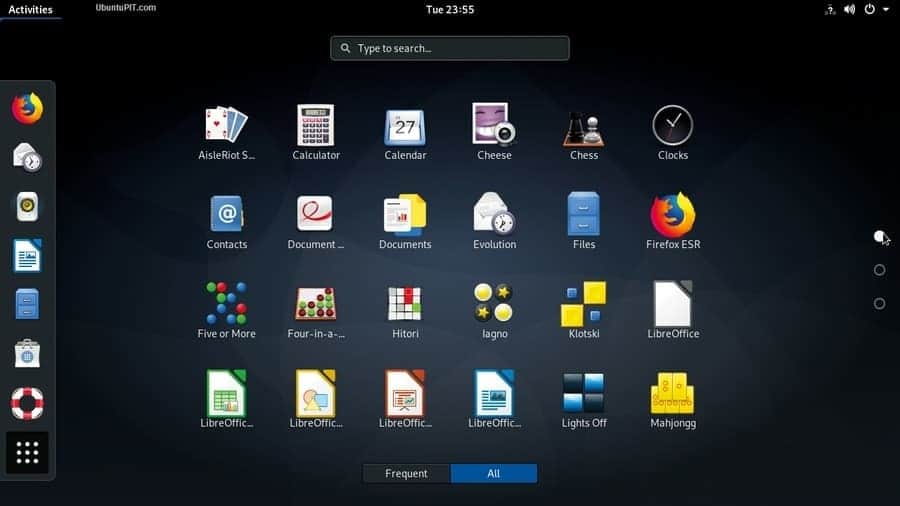
Quoting: 14Who has a Pi anymore? It's the age of Pine64, Odroid, etc. Lots more is new like an up to date Chromium browser, with hardware accelerated video playback all there.Īs usual the Raspberry Pi team don't recommend upgrading from one to the other, instead they suggest doing a fresh install due to all the new tweaks. They're no longer using the custom closed-source version, allowing any "application written using the standard Linux display APIs should run on Raspberry Pi without modification". As of this release the KMS video driver that was previously experimental, is now the standard to control the connection to a display. You will also find a brand new notification system, plus there's a new updater plugin to actually show you when updates are available (instead of forcing you to check in terminal) and a UI to do the updates too.Īnother big change is the move to be more open. A drawback though, is that the OS now needs at least 2GB RAM.

On top of that it also makes it easier for them to support Wayland in future too although they're still "quite a long way" from switching to Wayland. In other words, it's all a bit more modern looking and feeling. This release also moved their window manager from Openbox to Mutter which comes with visual effects, rounded corners, shaded borders, window animations and more. In the announcement post the team grumbled a bit that GTK+3 took a while to move to, as it's more difficult to use and it "removed several useful features which we relied upon" but they've found workarounds for a few bits they wanted. This is the toolkit used for actually drawing the interface giving you buttons, menus and everything else in the form of widgets.

While it's been around for years now, this release has only just done the jump from GKT+2 to GTK+3. Not only that though, the RPi team also updated their desktop (based on LXDE) with a number of extra tweaks to make it look and feel better. Supported for at least five years, this brings with it tons of major upgrades to all the internals. It's that time! The Raspberry Pi OS (formerly known as Raspbian) has done a major upgrade moving the package base from Debian buster to Debian bullseye.Ī long time coming, since bullseye was released back in August.


 0 kommentar(er)
0 kommentar(er)
